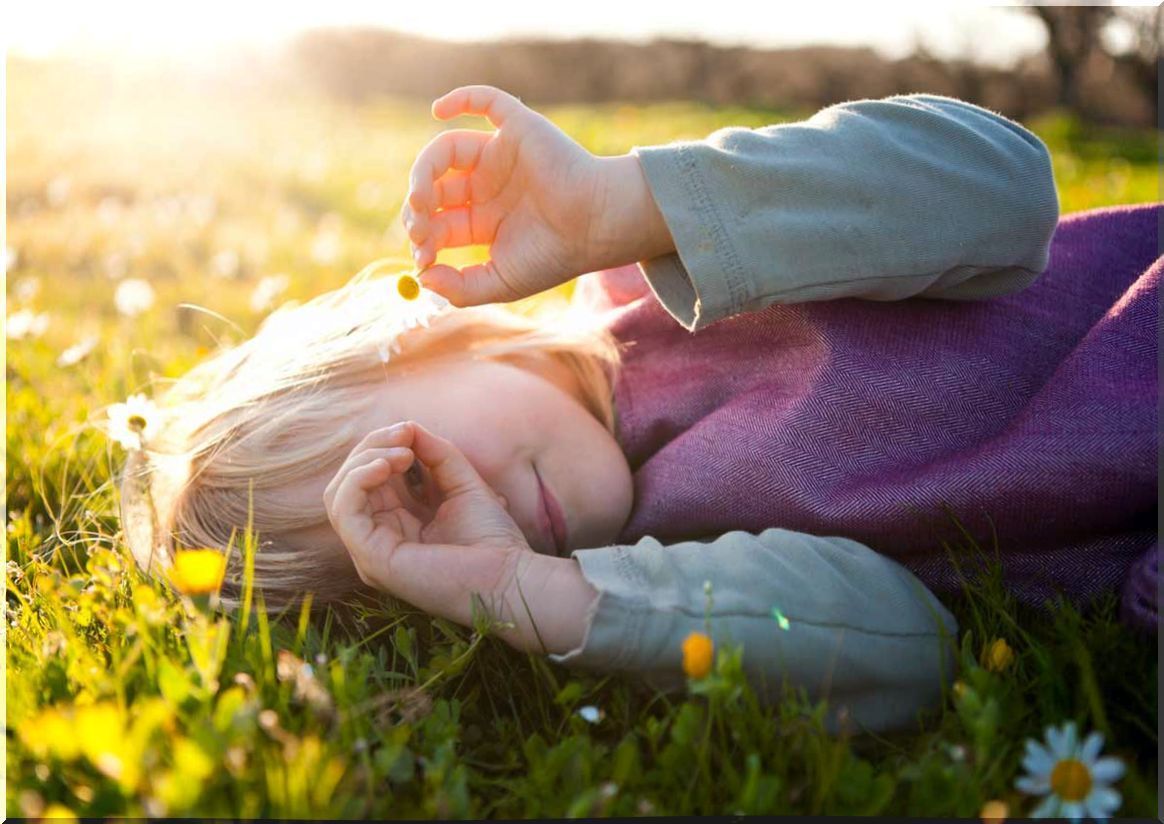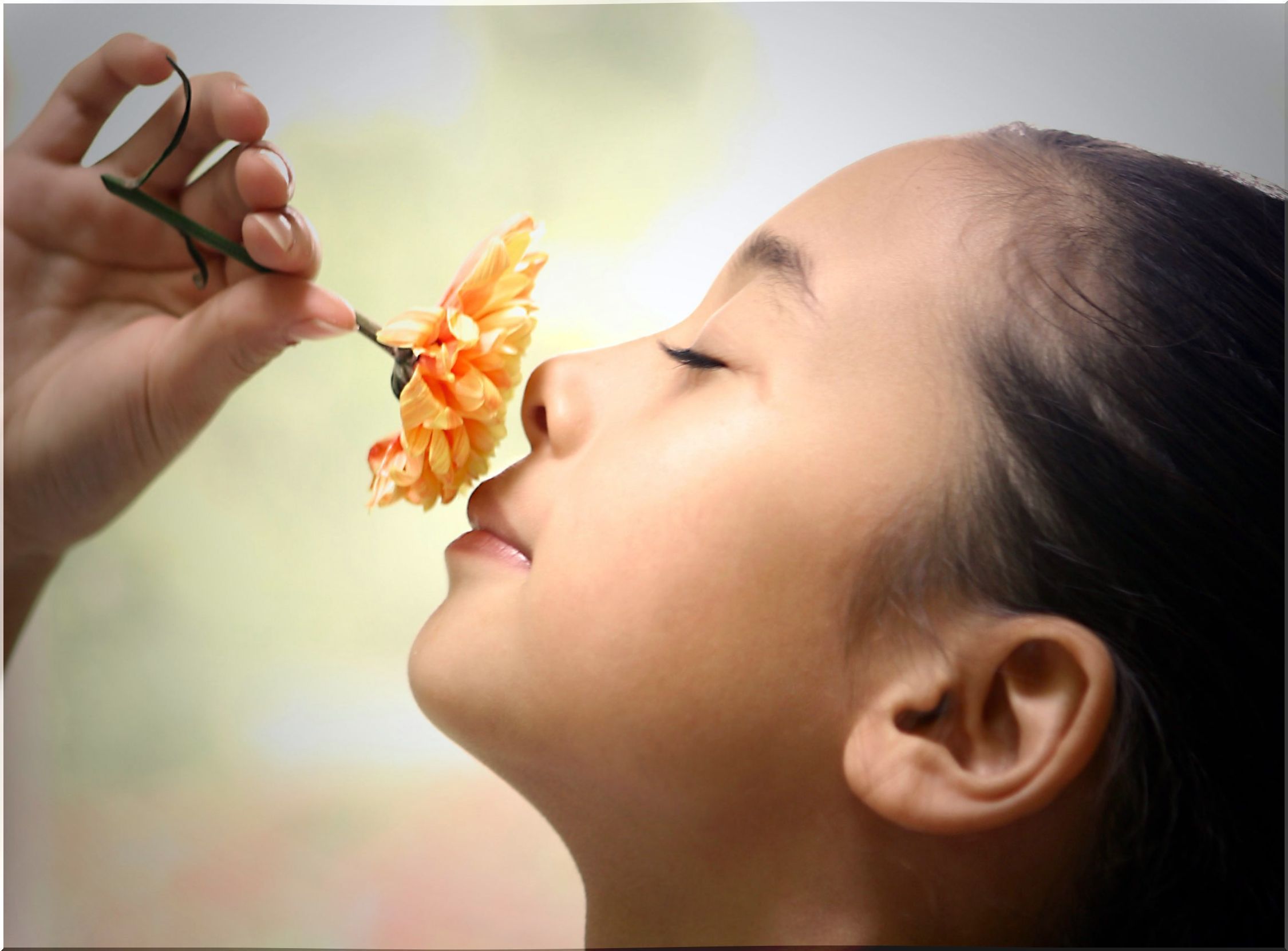The Danger Of Overprotection In The Education Of Children
Often, “overprotective mothers” are spoken of. However, the truth is that overprotection can be exercised by any member of the family, including parents and, of course, grandparents.
You should know that it is one of the biggest mistakes we can make in the education of our children since, far from helping them, what we will be doing is putting “barriers” to their personal and emotional growth.
Children need learning opportunities. It may seem like an exaggeration, but we all have to fall sometime to know how to get up.
If we do not allow them to make their own mistakes, or to feel autonomous within their means, there may come a day when they feel too afraid of the world to dare to walk through it with courage and maturity.
The risks of overprotection in children’s education
Surely you yourself know more than one case with these characteristics. Mothers and fathers who are always aware of their children’s every move. That prevent them from going out to play. That they do everything for them, that they satisfy their every wish and whim.
Obviously, as parents, we do not want children to be harmed or put at risk. Protecting, within limits, is part of parenting. It is a way of creating bonds that we will always maintain with our children. Now, everything has limits. Let us now analyze them.
1. Overprotection: fathers and mothers who become “servants” of their children

Nowadays it is very common to see families in supermarkets, parks or restaurants where children seem to be in control of their parents’ will. Every wish is fulfilled. Each demand is fulfilled to keep the child happy and well cared for. Believing that, in this way, they make their children happy.
- It’s a mistake. If we exercise this type of overprotection, in which we offer children everything they ask for, thinking that this way we make them happy, what we can actually achieve is give them a wrong vision of life.
Our society has limits and it has rules. In fact, people must strive to achieve our goals. And if children don’t understand this from the beginning, they may be frustrated when they discover the truth.
- Children need responsibilities from a very young age. If we protect them by making life easy for them, ordering their toys, making their beds, making excuses for their faults and mistakes, we are actually educating totally immature people incapable of taking responsibility for their lives.
It’s okay to put some rules on them. Establish guidelines to make them understand that at home, as in the society in which they will live tomorrow, they need to be responsible with their own things.
2. Parents who are always afraid that something bad will happen to their children

- Everything has a limit. As parents, we will take care that children are not at risk. It is vital and necessary. However, we must not go to the exaggeration of wanting to control each step of our children or to prevent, for example, that they leave home.
- Offering them opportunities and some autonomy is essential for children’s emotional development. There will come an age when it is time for them to go to and from school alone. And when they do, they will be proud of themselves.
- When they are teenagers, they will want to push many of the limits that you have imposed on them. And this will be the moment when you have to learn to “negotiate” with them. If they are responsible with their studies and their behavior, allow them to come home later, sleep with their friends …
- They are little things with which to learn to move in life and, surely, they will make the odd mistake, but that is good. You will be there to support them, to suggest …
- If you don’t just sanction or ban, they will see you as someone they can trust. If you just put up walls, they will run away from you and feel insecure.
3. Parents who induce fear and insecurity in their children

- If we limit ourselves to prohibiting them and exercising that overprotection day after day, there may come a day when children develop social fear. They will feel not only like insecure people who don’t know how to get around the world, but they will also think that the world is a threat.
- Educating in overprotection is educating in insecurity. It is limiting the emotional development of children who, tomorrow, will be immature adults.
- If you think that overprotection is a means with which to make life easier for them, you are making a mistake. Children need those knee injuries after a football game, or when falling off a swing. Sometimes that fight with other children in the park allows them to learn many things about their peers.
They are small learning opportunities with which to grow. And you, as a mother or father, will always be with them, advising them, supporting them, but never cutting off their wings. Remember it!









